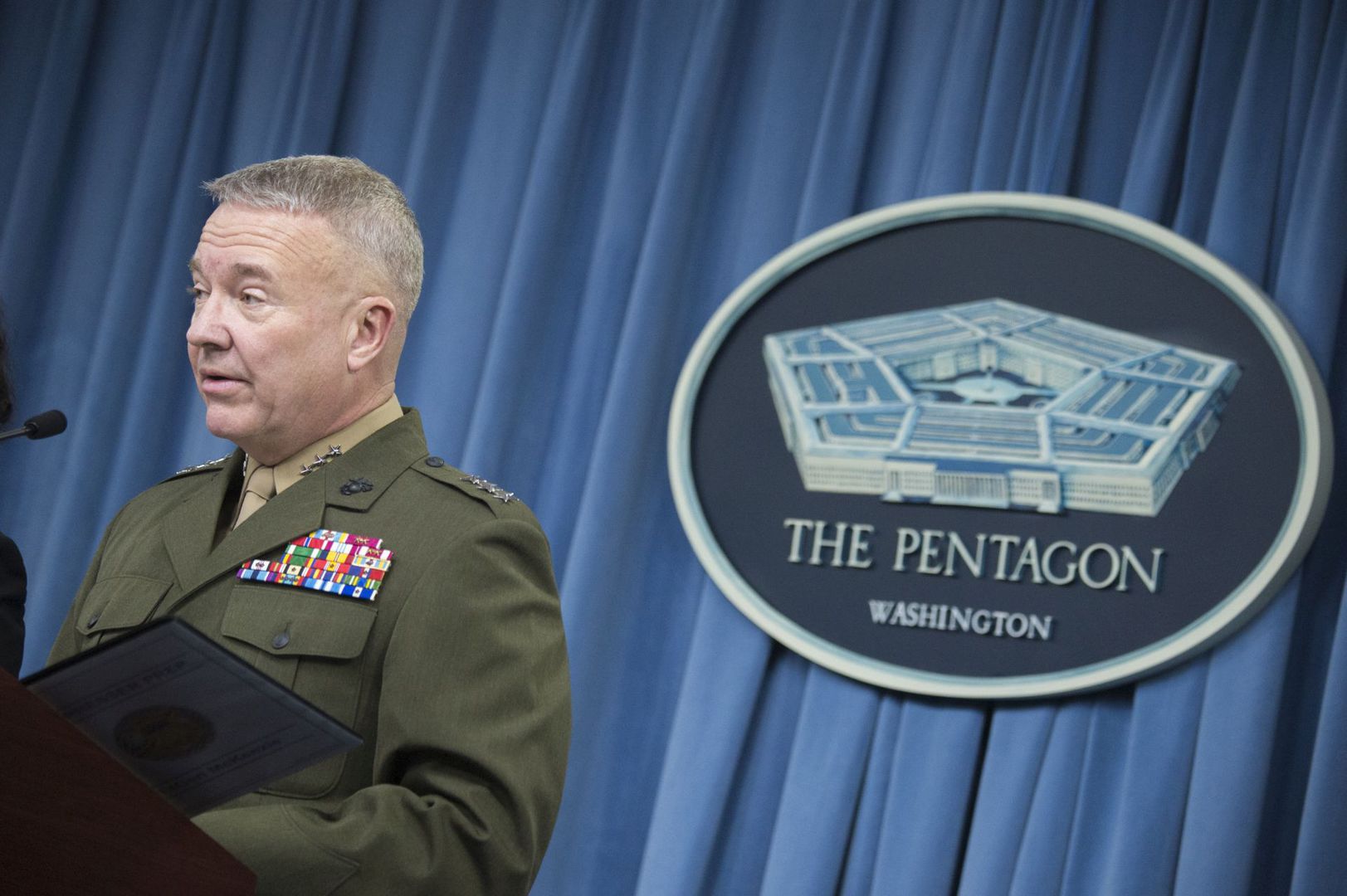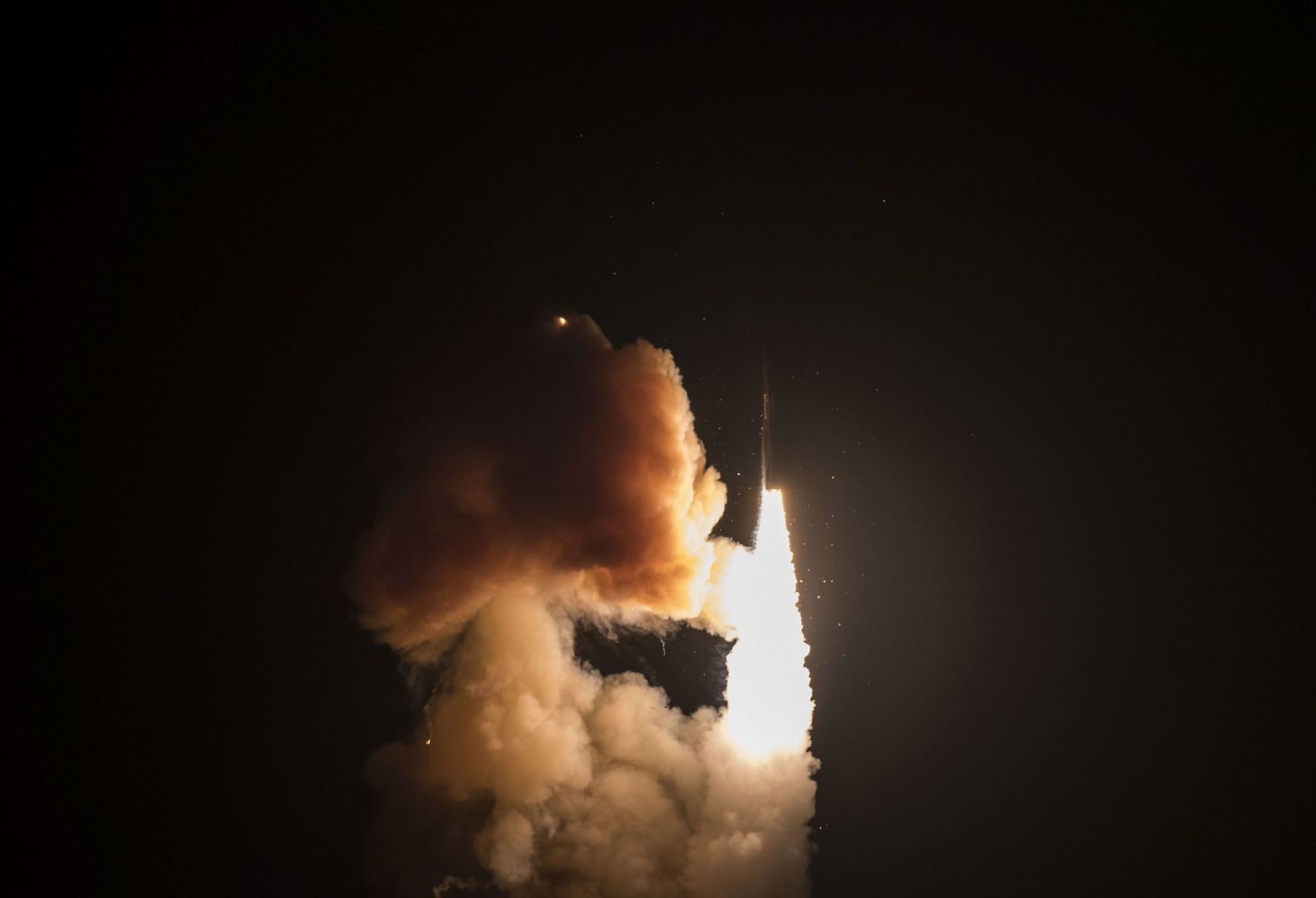WASHINGTON, (Sputnik): The top US commander for the Middle East, Gen. Kenneth McKenzie, made an unannounced visit to Iraq on Tuesday for talks with senior leaders on the future of joint counter-terror operations in the country, Iraqi officials said in separate statements.
“Prime Minister Adel Abdul-Mahdi today received General Kenneth McKenzie,” the prime minister’s office said in a statement on Friday. “The Prime Minister stressed the importance of friendly relations between the two countries and cooperation in the field of fighting terrorism and keenness to keep Iraq from being an arena for conflict and aggression by any party, pointing to the decision of the Parliament to withdraw foreign forces in order to maintain security and stability and meet the renewed requirements and needs of Iraq and its people.”
For his part, McKenzie, who heads the US Central Command, expressed his country’s eagerness to continue joint counter-terror operations and the training of Iraqi forces to “enhance Iraq’s security and stability,” the statement added.
While in Baghdad, McKenzie also met with Iraq’s President Barham Salih, who emphasized the need to develop friendly relations between the two countries and coordinate in the fight against terrorism, the president’s office said in a Twitter statement.
Salih stressed that Iraq must not become an arena for international or regional conflicts and rivalry, the statement said.
The Iraqi president also emphasized that Baghdad seeks to build good relations with all countries and has no interest in being drawn into choosing sides in other nations’ conflicts.
After the US killing of Iran’s top general, Qasem Soleimani, in Iraq in early January, the US-led coalition halted its training mission and the anti-Islamic State (terror group, banned in Russia) fight in the country to focus on its personnel’s security.
Enraged by the assassination, the Iraqi parliament voted to expel foreign troops from the country. Baghdad has since begun working on a new type of cooperation with the coalition to reduce its activities to consultations, arms deliveries and training as well as limit its freedom of movement on Iraqi soil.
Last week, the Iraqi military, however, announced that they had resumed joint anti-IS operations with the coalition and will continue them until a new cooperation agreement is struck.











